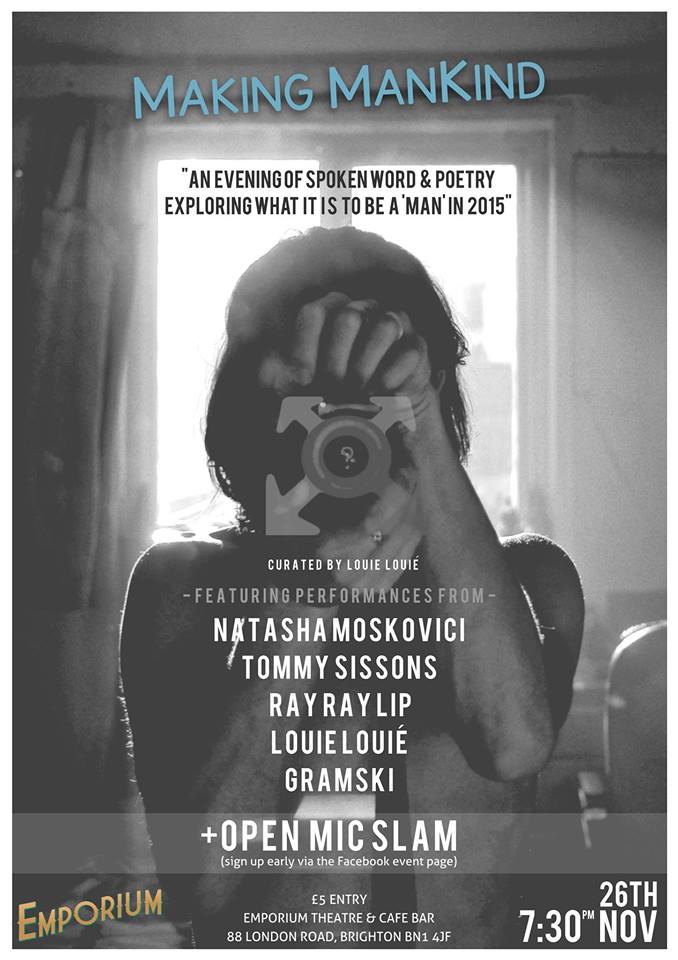Words by Amélie Bodnar-Tunnell
The Glyndebourne Autumn concert was made up of two parts; the first was the narrative and music from Joseph Bologne, Cavalier de Saint-Georges’ opera The Anonymous Lover, interweaved with stories from his life. After the interval the concert moved on to Mozart’s Requiem, which focuses on grief and loss as well as consolation and redemption. The Mozart Requiem is an incredibly well-known composition, and it was fascinating to have it performed along with work of his lesser-known contemporary.
Part 1 The Anonymous Lover
Joseph Bologne, Chevalier de Saint-Georges, was born to a mother who had been enslaved by his father, Georges de Bologne Saint-Georges, owner of a plantation in the West Indies. Despite societal barriers to his success, Joseph Bologne became a champion fencer, violinist, famous composer, and conductor.
The first part of the Autumn Concert is very interesting as the storytelling paired with the Opera allows for the audience to hear what it likely would have been like for a black man to live and gain success in France in the 1700s, whilst also providing an insight into the supposed inspiration and writing of Joseph Bologne’s Opera. This was fascinating as unlike his contemporary, Wolfgang Mozart, I had never heard of the life or music of Joseph Bologne.
Actor Darragh Hand does an incredible job portraying Joseph Bologne; his performance was captivating. With the help of the cast of The Anonymous Lover he kept the audience engaged throughout the entire performance. The cast of the Opera were amazing, the time spent learning and rehearsing was clearly shown in the performance, and it was wonderful to have the luxury of listening to such amazing talent.
Part 2 Mozart’s Requiem
Wolfgang Amadeus Mozart was one of the most influential composers of his time; he remains one of the most famous composers today with much of his work still being played and performed. The second part of the Autumn Concert was Mozart’s Requiem, his final work that was left unfinished due to his death, and later completed by the Austrian composer Franz Xaver Süssmayr.
Mozart’s requiem is fuelled with emotion; grief, loss, consolation, and redemption being successfully presented by the chorus and soloists as well as the incredible orchestra. Unsurprisingly, Mozart’s work is remarkable and interestingly I found that in the exploration of such intense emotions, the music at times felt soothing. It is interesting seeing how music affects each listener differently: while some may find Mozart’s Requiem overwhelming, others may find it peaceful.
The hard work put in by the musicians and singers is clearly displayed in their performance; it is undoubtedly a luxury to have had the opportunity to listen to such incredible talent and skill. Both singers and musicians displayed a clear and engaging performance of Mozart’s Requiem. Although it may seem like a given, I would argue that it is an amazing talent to be able to perform such famous work and keep an audience truly engaged, something that the Glyndebourne Tour did successfully.




